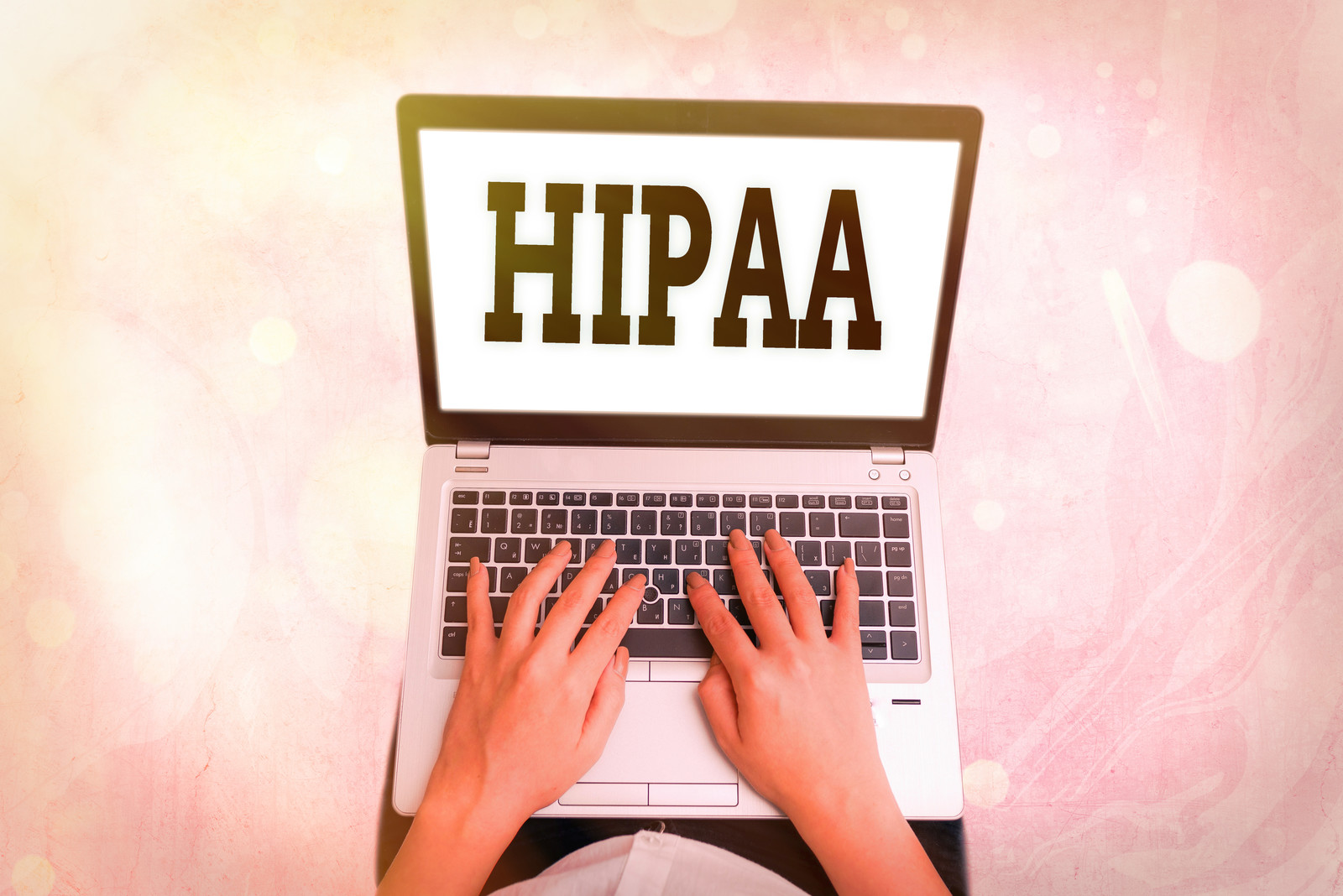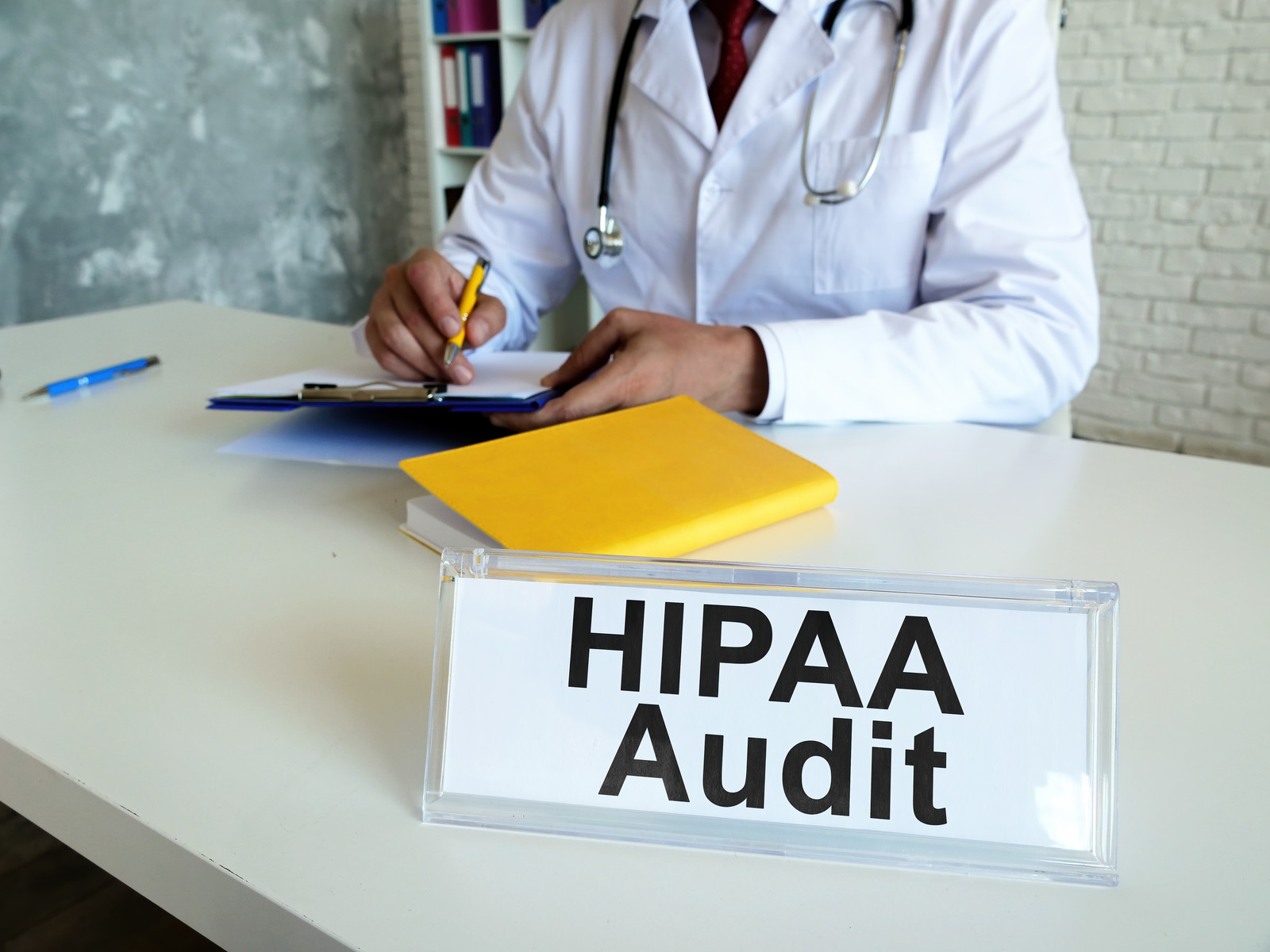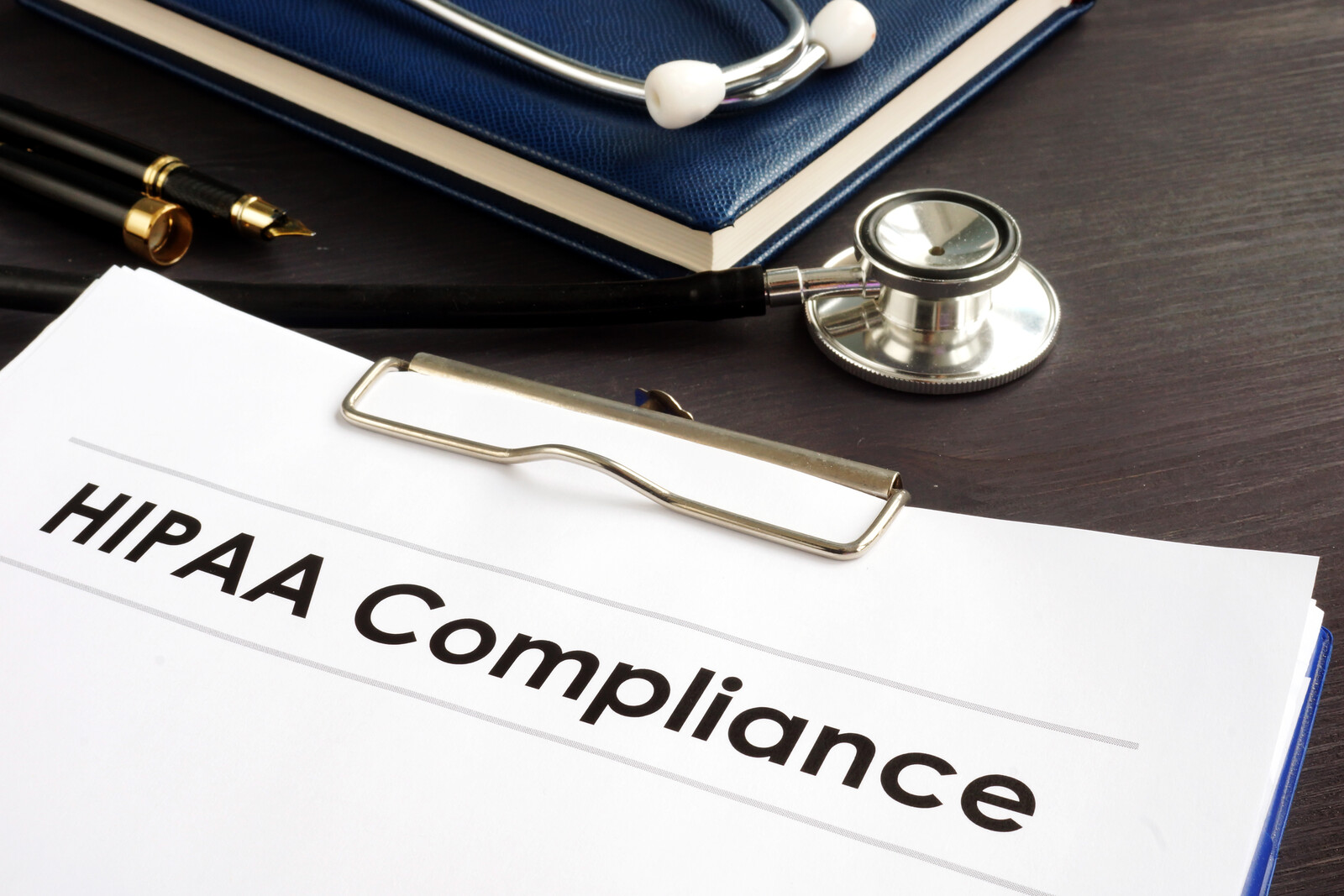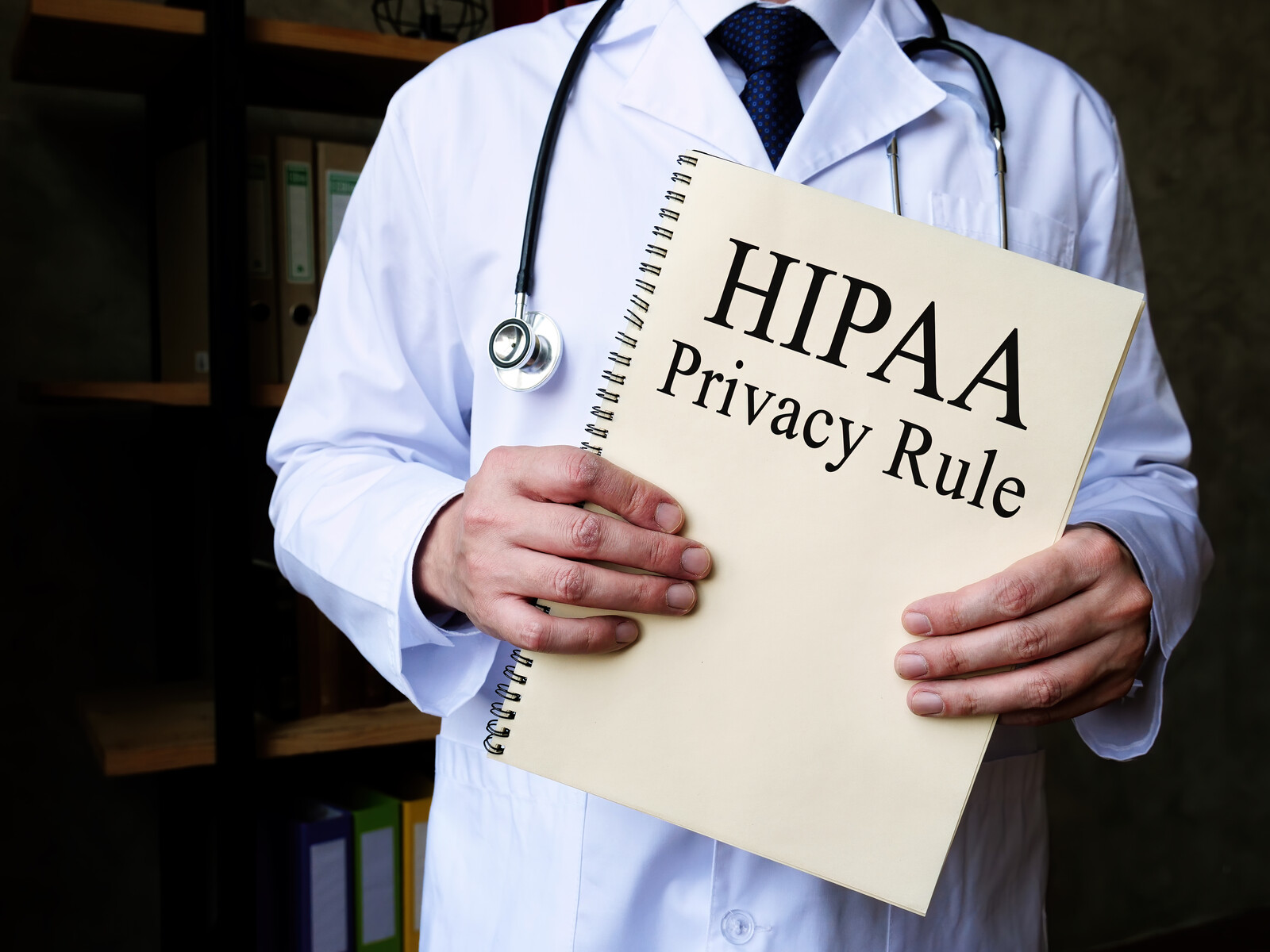Most people in healthcare have been affected by the Change healthcare cyberattack. Scams have hit a new level, and you must be more diligent than ever before. Scams can be spotted, but you must look closely. A scam can quickly turn into a data breach. I recently conducted a HIPAA security officer training and reminded them of some of the threats that destroy your computer systems, both at work and at home. I watched “The Beekeeper” movie over the weekend. This made me change our Security Notification for this month. If you like action packed, good guy gets even, this is a great movie. This movie is about an email scam and revenge. If you are a Jason Statham fan, you will like this movie!
Here is the scenario:
Your computer gets a huge alert and says your computer is locked, you have been hacked, your email, bank accounts, passwords, etc. were compromised. They will give you a phone number to the “help desk”. You call the number, they “help” themselves and empty your bank account. Don’t call the number they give you, look it up yourself. DO NOT use a customer service or help desk number from a Sponsored Ad. Some scammers will pay for an ad to get to the top of Google. Most times you just need to reboot to clear the screen. DON’T click on anything in the warning. It is best to contact your IT company first. If you are home and can’t get in touch with someone, you may need to use Ctrl, Alt, Delete to shut your computer down. Then run a virus scan when you boot back up. Whatever you do, do not pay anyone, anything until you verify the validity of the situation!
Scams in text messages:
There are many versions to an email like this, they also come in text messages, and voice mails. Scams are hitting new levels every day. Some want you to click on a link, others want you to call the number they provide. Never click on a link, or call the number listed in the text, until you verify the text is valid.
Other email scams:
We have been saying for years, DO NOT CLINK ON LINKS. When you receive an email from your bank, IRS, post office, FedEx, etc. Look closely at the “from” email address. Many times, you can spot the fake address. It could be something as simple as a “.” In the URL address. Also, who it is addressed to, sometimes it is someone else. They do this so you will reply to let them know they have the wrong person. Again, this is a tactic from scammers to see if you will answer. If there is a link, they want you to click on, hover over it instead. It may take you to a completely different site. This could infect your computer or look like where you are supposed to go, only to lure you into entering your login credentials.

Phone call scams:
Scammers can spoof legitimate agencies like the power company, IRS, and even the police department. Never pay for any “immediate” requirements. This includes the threat of your power being shut off, IRS payment due, or paying a penalty for missing jury duty. These are just SOME of the examples these criminals are using.
Online marketplaces:
Scammers also target people who post things for sale on sites like Craigslist or Facebook Marketplace. They also prey on people who post looking for help finding their lost pet.
These scammers contact you and say they want to buy the item you’re selling — or that they found your pet. However, before they commit to buying, or returning your pet, they typically say they’ve heard about fake online listings and want to verify that you’re a real person. Or they might say they want to verify that you’re the pet’s true owner.
They send you a text message with a Google Voice verification code and ask you for that code. If you give them the verification code, they’ll try to use it to create a Google Voice number linked to your phone number. (Google Voice gives you a phone number that you can use to make calls or send text messages from a web browser or a mobile device.) The scammer might use that number to rip off other people and conceal their identity.
Sometimes these scammers are after a Google Voice verification code and other information about you. If they get enough of your information, they could pretend to be you to access your accounts or open new accounts in your name.
If you gave someone a Google Voice verification code follow these steps from Google to reclaim your number.
No matter what the story is, don’t share your Google Voice verification code — or any verification code — with someone if you didn’t contact them first. That’s a scam, every time. Report it at ReportFraud.ftc.gov.

What can you do?
When you receive an email, text, or phone call, you should call your bank or the company to advise them of what happened. If they are doing this to you, they are doing this to MANY others. Also, you can report this to the Federal Trade Commission (FTC). The FTC does not resolve individual reports, but your report will be entered in the FTC’s Consumer Sentinel database and will be available to federal, state, and local law enforcement across the country.
If someone has clicked a link or opened an attachment that downloaded harmful software:
- Contact your IT department to update your computer’s security software.
- They will run a scan and delete anything it identifies as a problem.
If you think a scammer has your information, like your Social Security, credit card, or bank account number:
- Go to identitytheft.gov for steps you can take based on what kind of information was lost or exposed.
If you gave your username and password to a scammer:
- Change your password right away. If you use the same password for other accounts or sites, change it there, too.
If someone calls and offers to “help” you recover money you have already lost:
- Don’t give them money or personal information. You are probably dealing with a fake refund scam.
Scammers are getting bolder and more brazen. It is up to us to stay diligent and to stay safe.
Feel free to share this blog with your colleagues. We want to educate as many practices as we can since data breaches can be expensive. If you need assistance with HIPAA Compliance, check out our HIPAA Keeper™. It’s an online compliance system that has everything you need to get compliant and stay compliant! Best of all you will have a HIPAA security analyst to guide you every step of the way!
For more information or to speak to someone about HIPAA Compliance call us at 877.659-2467 or use the contact us form.
“Simplifying HIPAA through Automation, Education, and Support”







 January 15, 2020
January 15, 2020




